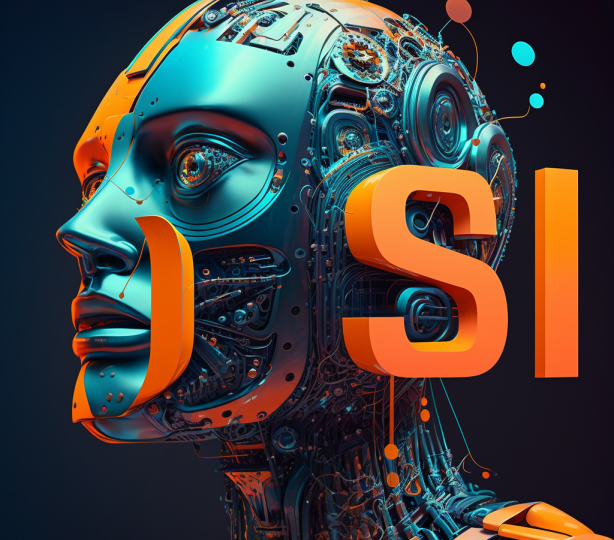ChatGPT: Fast-moving revolution
As ChatGPT took the world by storm, we also wanted to learn how OpenAI’s GPT models would revolutionise the way we learn. Undoubtedly, this fast-moving AI revolution has made significant advancements in recent years, enabling machines to generate human-like text, answer questions, summarise text, translate languages. In contrast to that, it is important to recognise that AI cannot support all skills essential for idea development. Our way of thinking is still very powerful and it is we who develop new ideas, get inspired by peers, learn new skills or simply reflect and daydream.
Don’t think like an algorithm
It is actually the human efficient procedure that will be replaced by an algorithm, but what cannot be replaced is inefficient thinking. It is humans who need to sleep, take a break and lose their focus or get distracted. Even though this way of inefficiency seems bad, it is a human ability to step back and do the same thing in a different way.
Upon reflecting on this, The Learning Wave remain confident and proud of our philosophy of creating meaningful learning:
- we begin by engaging hearts and minds
- we empower, inspire and challenge individuals to achieve enhanced performance
In addition to this, we feel a sense of relief because we still outperform the ‘smart computers,’ which are constrained by their input-process-output structure. This fact isn’t new to us, but it could serve as a reminder that we learn through social interaction, feedback and social practice. The deeper we delve into a thought-provoking and creative process, the more we can discover our potential. Our ability to see things from different perspectives is unique to us, as we don’t think like an algorithm.
Harnessing AI for Personalised and Adaptive Education
How do you think that AI-powered chatbots and language models can be utilised? The list can be very long, so let’s just name a few:
- Personalised Learning: Analyse each learner’s learning style, strengths, and weaknesses, leading to individualised curricula and study plans
- Adaptive assessments: AI can develop adaptive assessments that adjust question difficulty in real-time based on learner performance, ensuring an accurate evaluation of their knowledge and skill levels
- Real-Time Feedback: ChatGPT can provide real-time feedback to learners, help them understand their mistakes and improve their learning outcomes
- Identifying skill gaps: By analysing learner performance data, AI can identify areas where students may need additional support or resources
What would happen to the skills we do not use? Would we lose them? A good example is GPS navigation and its impact on our orientation skills. What about critical thinking, creativity, and decision-making? We could not agree more with Dr. Kim Round (Associate Dean and the team leader behind WGU’s new M.S. in Learning Experience Design and Educational Technology), who says, “We need to prepare people for things that AI cannot do. We need to teach students, ‘don’t let other people do your thinking for you’.
In conclusion, workplace communication demands brevity and synthesised thought. People should become effective curators of knowledge rather than consumers of information. While Chat GPT creates information, we generate results by applying knowledge and hands-on skills. Leveraging, AI’s capabilities allows for tailored learning experiences, motivation and continuous growth. Hence, we recognise the ongoing advancements in technology, which call for the cultivation of new skills and the implementation of programmes like digital literacy.
Let us know what solution we could provide to your unique challenges.


Add a comment: